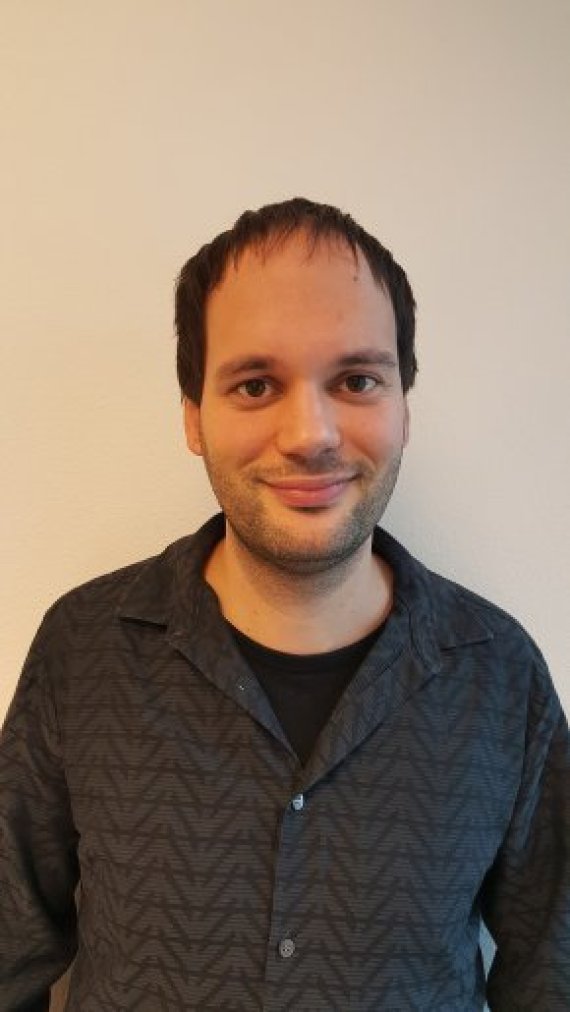Thomas Mattijssen graduates on 9 November with a PhD from Wageningen Economic Research on the role of active citizens in nature and landscape management.
Proposition: The participation society does not exist
‘It was in 2013, when I had just been working as a researcher for a year, that the term “participation society” was coined in the now infamous king’s speech at the opening of parliament. In the same speech it was explained that there would have to be cuts in government spending. In plain language: the government can no longer pay for everything and is stepping down, so the general public will have to take over from it. This is very top-down thinking based on particular policy goals. So maybe the government thinks it’s important for elderly people to have coffee mornings with a bit of socializing, but has no budget for this so wants local residents to organize it themselves from now on.
I don’t believe in that. I believe more in an energetic society in which participation grows from the bottom up. Citizens already take a lot of initiatives themselves, not because the government tells them to but because it matters to them. There is no guarantee that this will provide all elderly people with coffee mornings; if necessary the government should take responsibility for that. And the main role for government can be to link up with existing citizen initiatives and see how you can help, instead of trying to get citizens to do your work for you. In that regard the government tends to be selective about the citizen participation they want and don’t want. It was decided that citizens should be more involved in nature management, for instance. But if a group of citizens wants a different kind of natural environment, it is sometimes said that they don’t understand. It seems the government only wants citizen participation that fits with the policy. That means a participation society based on citizens collaborating with the government. Whereas an energetic society is based on citizens doing something because it’s their own priority. The challenge is to make use of the energy that is generated so that you meet each other in shared involvement.’

